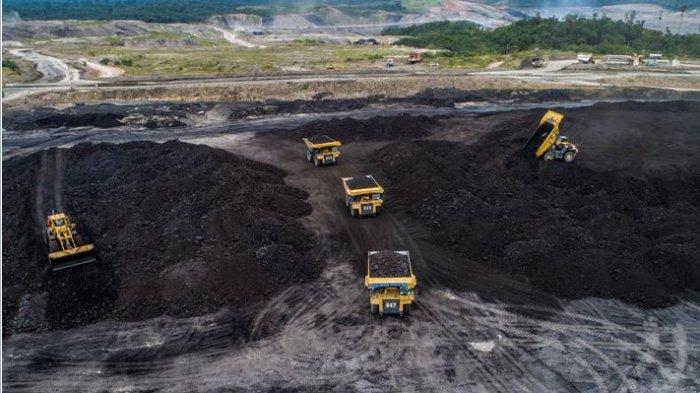Coal prices weakened and ended in the red zone last weekend. This condition occurred amid the return of coal trade between Australia and China ahead of the Chinese New Year holiday.
Coal prices reversed direction and ended in the red zone at last weekend’s trading. The price of coal futures for the January 2023 contract at ICE Newcastle Coal Futures was observed to fall 1.92% to a level of US$370.25/ton on Friday trading (13/1). This price decline also occurred in the price of coal futures with the most active contract in April 2023 which fell 1.19% to a level of US$291.00/ton at the same trading time. The coal price for the January 2023 contract reversed after strengthening 2.03% on January 12 2023. Meanwhile, if you look at the last one week, the black gold price weakened 6.57% while soaring 82.39% in the last year.
The price of coal weakened amid coal trading activities between Australia and its largest trading partner, China, which resumed after being halted for the last three years. Quoting the Shanghai Metal Market, the Panda Country’s coal imports from the Kangaroo Country are reported to have started arriving for the first batch at the end of February, which is around 500,000 metric tons. In the short term, SMM sees that the volume is still relatively small so that the impact on the domestic coal market tends to be limited. However, if Australia’s coal imports continue amidst China’s domestic coal supply continues to increase, it could make the market supply abundant and put pressure on the price of the black commodity.
According to Reuters, the thaw in diplomatic relations between Australia and China has led to Panda Country allowing the country’s three largest power companies and steelmakers to continue purchasing Kangaroo Domestic coal for the first time since 2020. Meanwhile, China’s coal imports in December 2022 reportedly fell as slowdown in industrial activity due to a surge in Covid-19 cases following the lifting of strict policies.
Data from the General Administration of Customs of China shows that the world’s main coal consumer brought in 30.91 million tons of fossil fuels last month. The number is lower than 32.31 million in November 2022. Meanwhile, when compared to December 2021 imports, the number is almost stagnant or only slightly down from 30.95 million tonnes. However, China’s coal imports are expected to pick up again after the Lunar New Year in late January and early February, as factories begin to reopen boosting demand prospects and economic recovery. The China Coal Transport and Distribution Association and the China National Coal Association issued proposals last week to ensure the availability of coal supplies during the Lunar New Year holidays.

